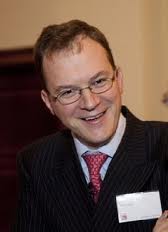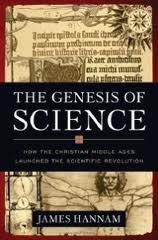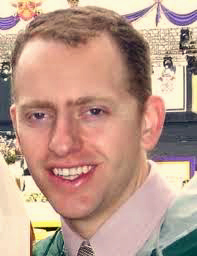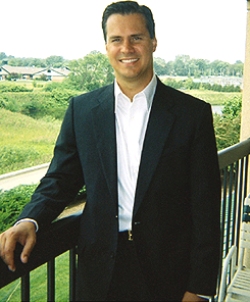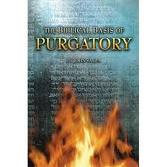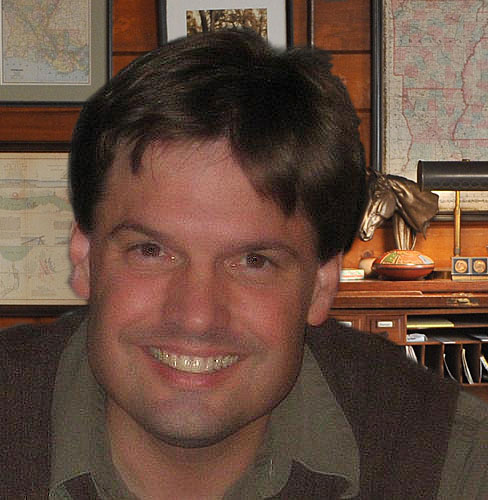Podcast: Play in new window | Download (Duration: 6:52 — 6.3MB) | Embed
Subscribe: Apple Podcasts | Spotify | Amazon Music | Android | Pandora | iHeartRadio | JioSaavn | Podchaser | Gaana | Podcast Index | Email | TuneIn | Deezer | Anghami | RSS | More
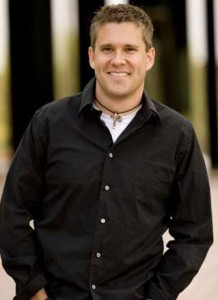
The Sunday, Sunday, Sunday Podcast is a reflection on the upcoming Sunday Mass readings presented by LifeTeen.com and hosted by Mark Hart.
Sunday Readings from the USCCB
Reading 1 WIS 3:1-9
Responsorial Psalm EZ 34:11-12, 15-17
Reading 2 1 COR 15:20-26, 28
Gospel MT 25:31-46
Jesus said to his disciples:
“When the Son of Man comes in his glory,
and all the angels with him,
he will sit upon his glorious throne,
and all the nations will be assembled before him.
And he will separate them one from another,
as a shepherd separates the sheep from the goats.
He will place the sheep on his right and the goats on his left.
Then the king will say to those on his right,
‘Come, you who are blessed by my Father.
Inherit the kingdom prepared for you from the foundation of the world.
For I was hungry and you gave me food,
I was thirsty and you gave me drink,
a stranger and you welcomed me,
naked and you clothed me,
ill and you cared for me,
in prison and you visited me.’
Then the righteous will answer him and say,
‘Lord, when did we see you hungry and feed you,
or thirsty and give you drink?
When did we see you a stranger and welcome you,
or naked and clothe you?
When did we see you ill or in prison, and visit you?’
And the king will say to them in reply,
‘Amen, I say to you, whatever you did
for one of the least brothers of mine, you did for me.’
Then he will say to those on his left,
‘Depart from me, you accursed,
into the eternal fire prepared for the devil and his angels.
For I was hungry and you gave me no food,
I was thirsty and you gave me no drink,
a stranger and you gave me no welcome,
naked and you gave me no clothing,
ill and in prison, and you did not care for me.’
Then they will answer and say,
‘Lord, when did we see you hungry or thirsty
or a stranger or naked or ill or in prison,
and not minister to your needs?’
He will answer them, ‘Amen, I say to you,
what you did not do for one of these least ones,
you did not do for me.’
And these will go off to eternal punishment,
but the righteous to eternal life.”
Lectionary for Mass for Use in the Dioceses of the United States, second typical edition, Copyright © 2001, 1998, 1997, 1986, 1970 Confraternity of Christian Doctrine;

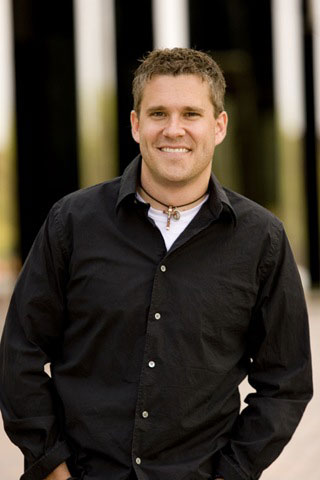 “Behold the Mystery: A Deeper Understanding of the Catholic Mass”, authored by the phenomenal Mark Hart, is perfect for all who wish to explore the mystery of the Catholic Mass. Leave it to the “Bible Geek” to steep us in the Scriptures in order to break open up our Sacred Liturgy of the Eucharist in a joy-filled, enthusiastic, life-sustaining way . He even, in the last part of the book, answers frequently asked questions, such as Why can’t I leave right after Communion? or Why did the words change? And be sure to check out Mark’s “10 things we can do to get more out of Mass”. Perfect for Catholics and non-Catholics alike. A “Holy, Holy, Holy” must have read.
“Behold the Mystery: A Deeper Understanding of the Catholic Mass”, authored by the phenomenal Mark Hart, is perfect for all who wish to explore the mystery of the Catholic Mass. Leave it to the “Bible Geek” to steep us in the Scriptures in order to break open up our Sacred Liturgy of the Eucharist in a joy-filled, enthusiastic, life-sustaining way . He even, in the last part of the book, answers frequently asked questions, such as Why can’t I leave right after Communion? or Why did the words change? And be sure to check out Mark’s “10 things we can do to get more out of Mass”. Perfect for Catholics and non-Catholics alike. A “Holy, Holy, Holy” must have read.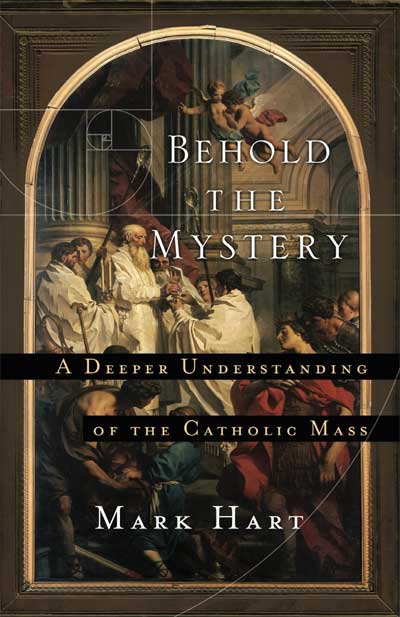
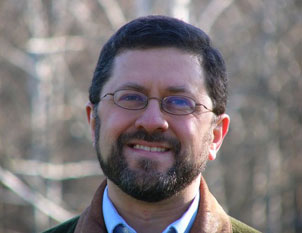
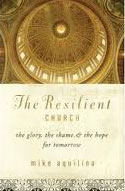
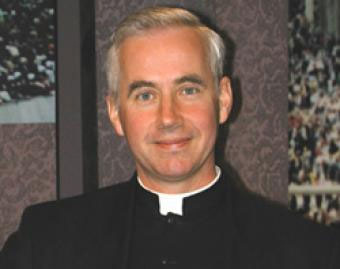 What a delight to discuss our ongoing call to conversion with Fr. C. John McCloskey III especially as demonstrated by the hundreds of lives shared in”The Mississippi Flows Into the Tiber: A Guide to Notable American Converts to the Catholic Church” . The book, which contains a foreword and afterword by Fr. McCloskey, examines the careers and writings of almost five hundred notable converts, containing touching stories of all shapes and sizes. English author John Beaumont, after the success of his initial book “Roads to Rome”, has brought to us an exhaustive, fascinating work that inspires with every page.
What a delight to discuss our ongoing call to conversion with Fr. C. John McCloskey III especially as demonstrated by the hundreds of lives shared in”The Mississippi Flows Into the Tiber: A Guide to Notable American Converts to the Catholic Church” . The book, which contains a foreword and afterword by Fr. McCloskey, examines the careers and writings of almost five hundred notable converts, containing touching stories of all shapes and sizes. English author John Beaumont, after the success of his initial book “Roads to Rome”, has brought to us an exhaustive, fascinating work that inspires with every page.
 Episode 11 “What am I to do?” The Discernment of God’s Will in Everyday Decisions w/Fr. Timothy Gallagher.
Episode 11 “What am I to do?” The Discernment of God’s Will in Everyday Decisions w/Fr. Timothy Gallagher.